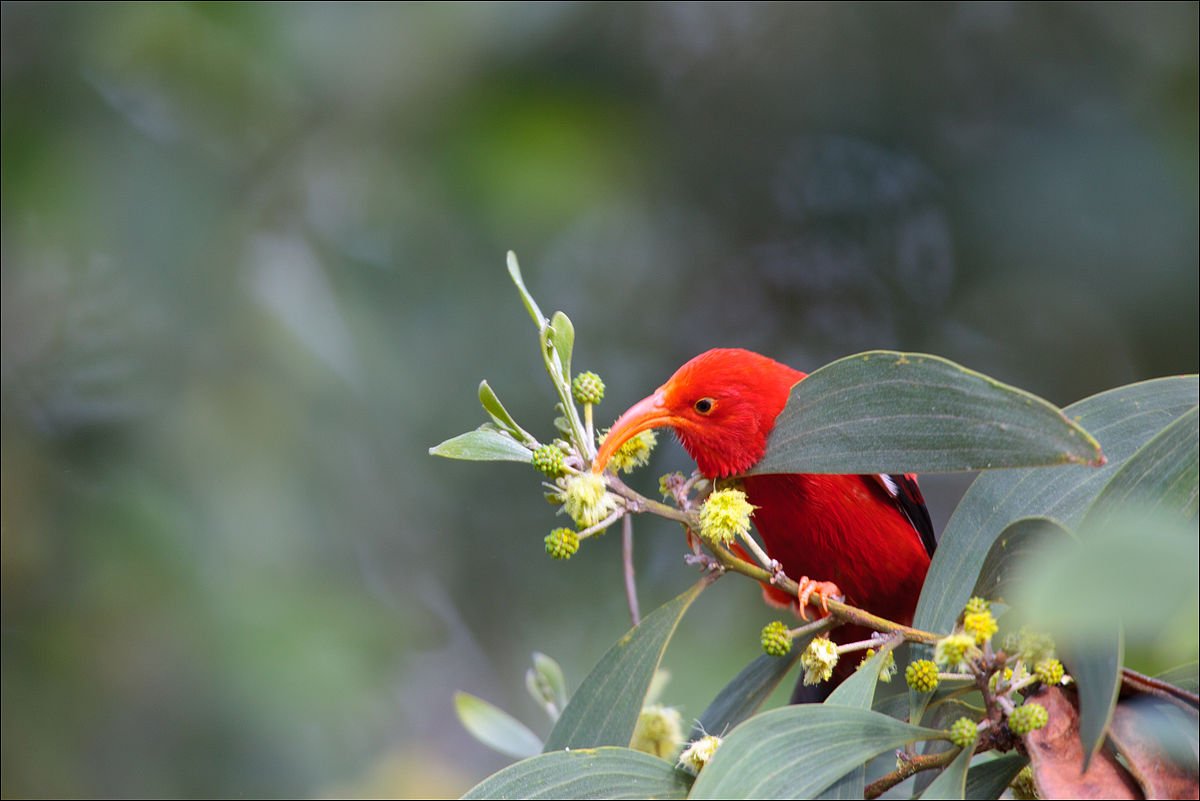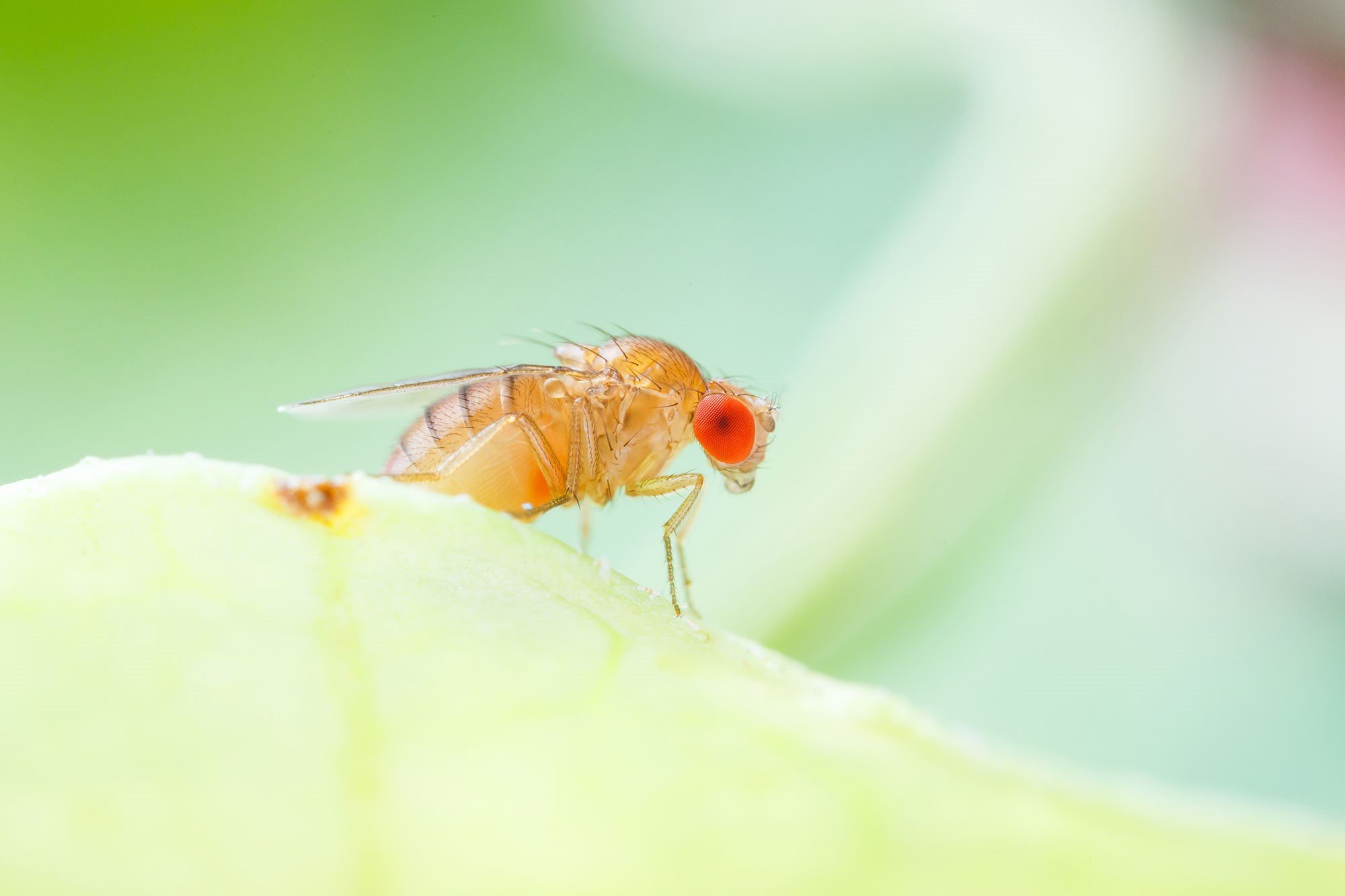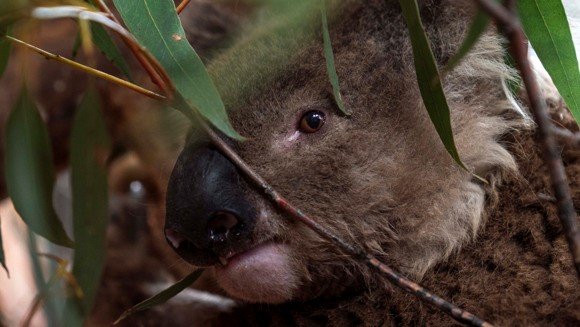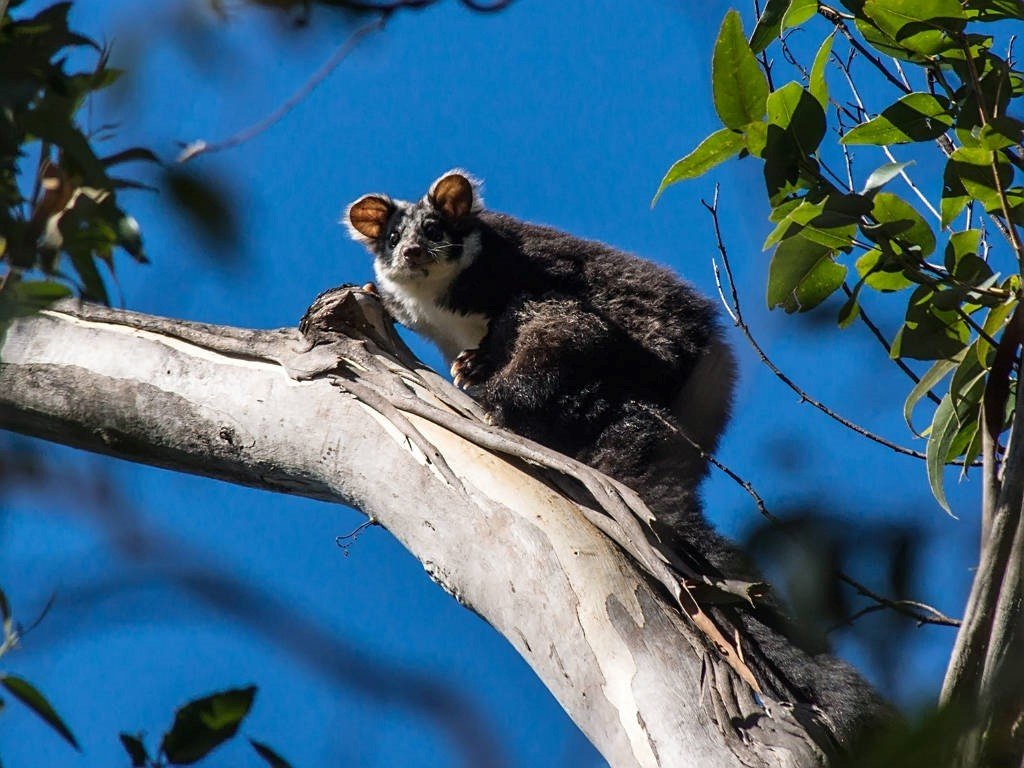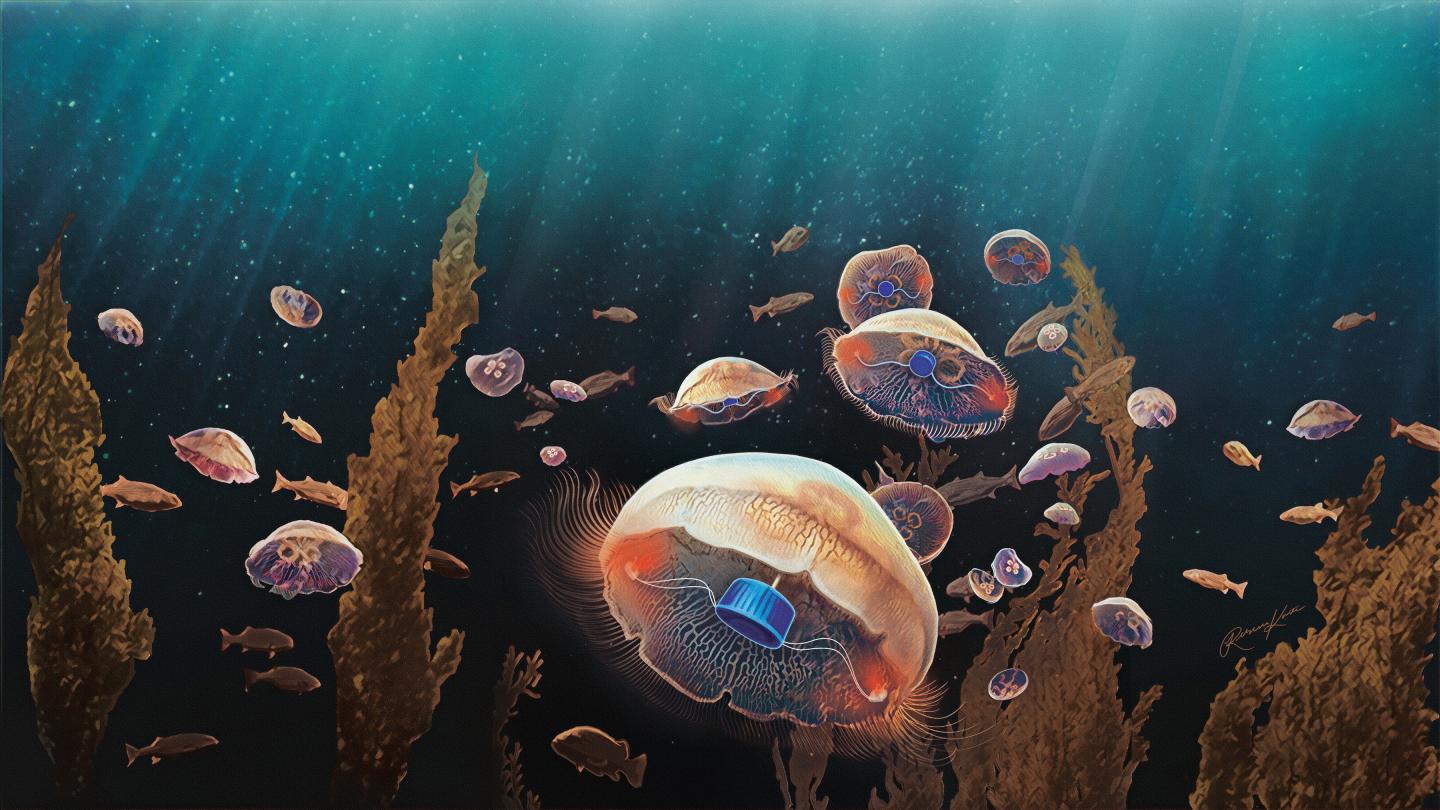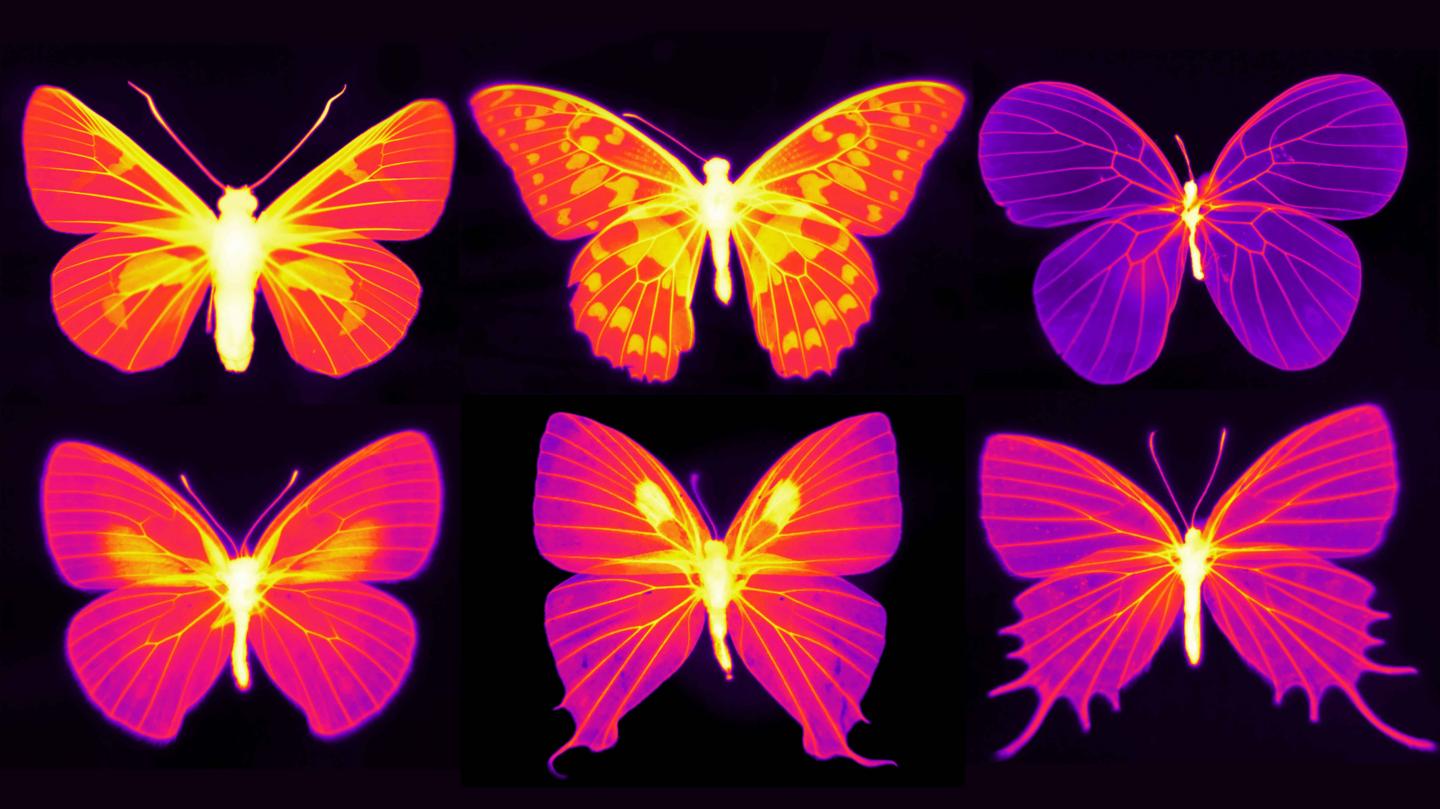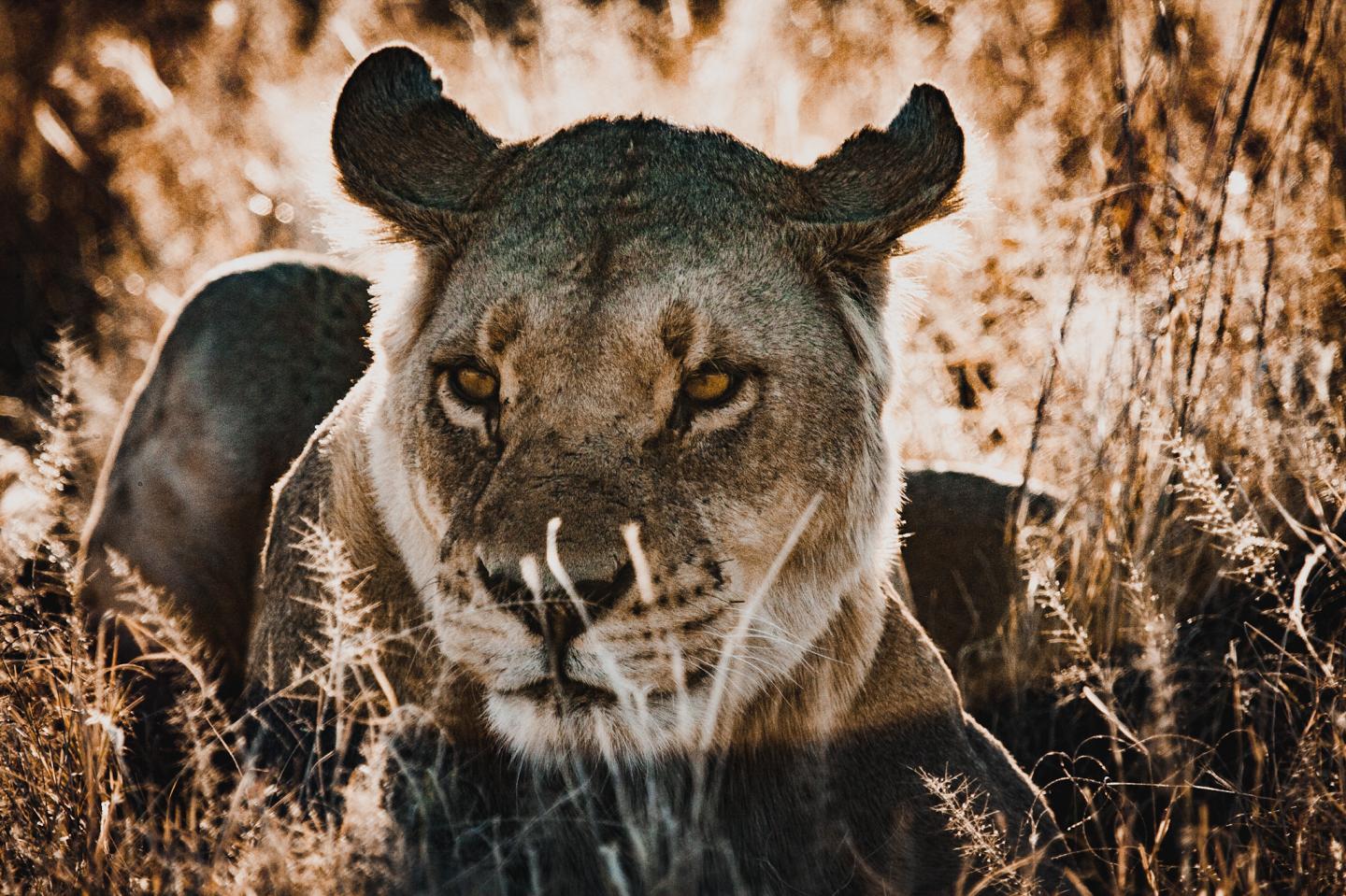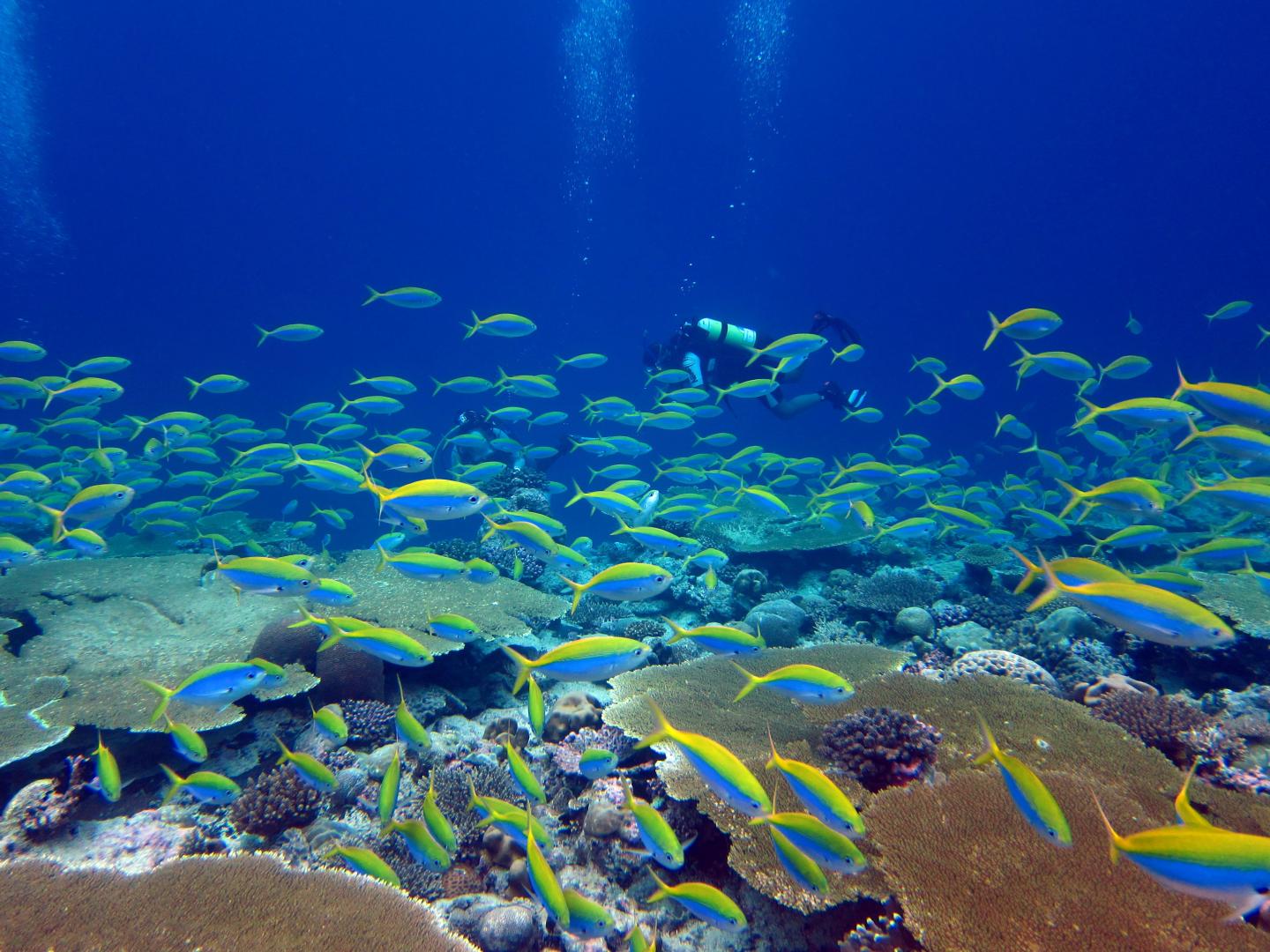The consequences of craniofacial integration for the adaptive radiations of Darwin’s finches and Hawaiian honeycreepers
Darwin’s finches are among the most celebrated examples of adaptive radiation in the evolution of modern vertebrates and their study has been relevant since the journeys of the HMS Beagle in the eighteenth century which catalysed some of the first ideas about natural selection in the mind of a young Charles Darwin. Despite many years … Read more
